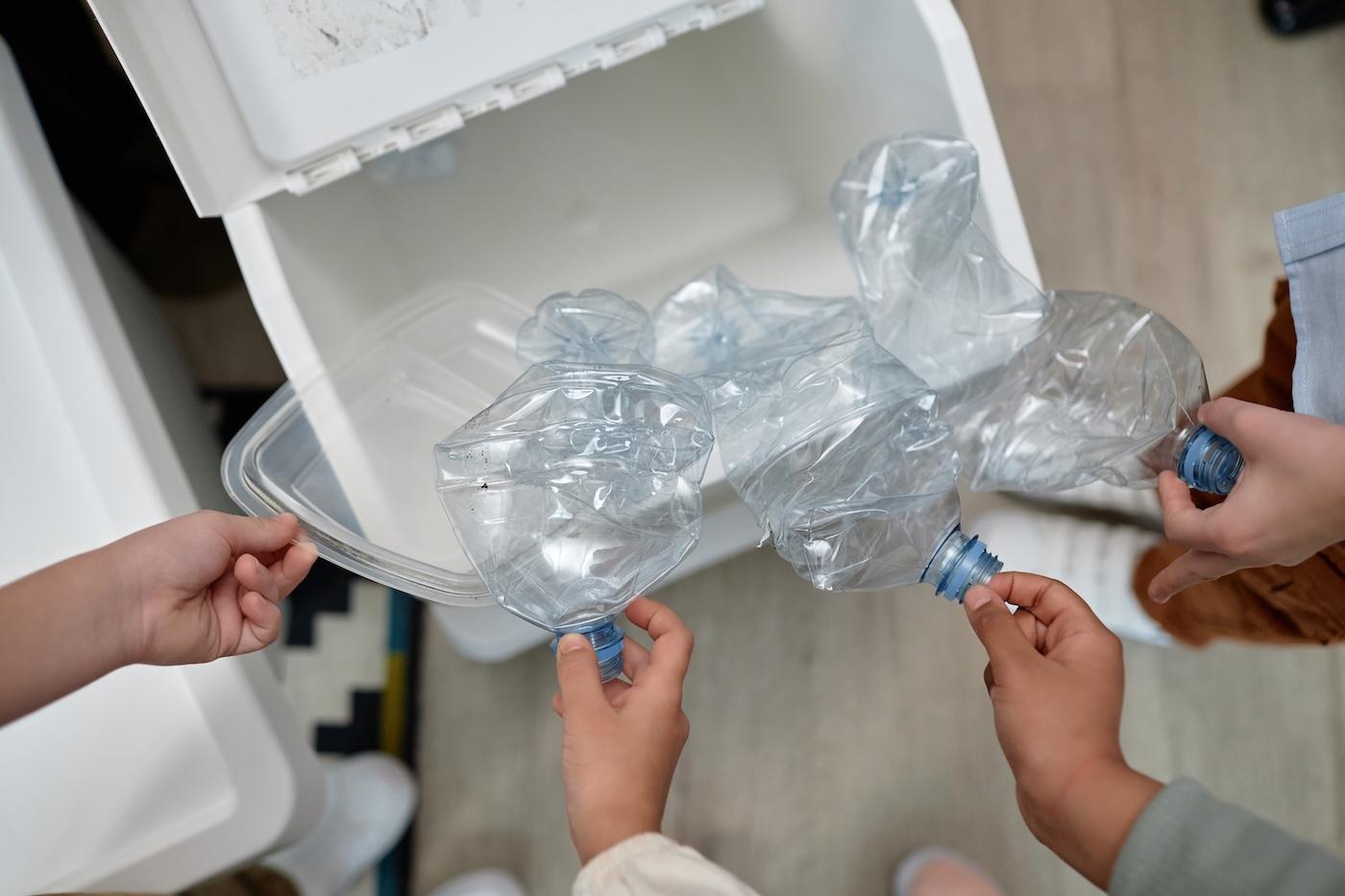PARENTS
There's a Burnout Epidemic Facing Working Parents—Here's What Employers Can Do About It
It’s an issue we can’t afford to ignore.

Written by
Happiest Baby Staff

Becoming a parent while holding down a job can be kind of like getting a promotion with double the duties…and no change in compensation (unless you count dirty diapers!). Sleepless nights, shifting priorities, and the pressure to be both a model employee and a hands-on caregiver? It’s no wonder so many new parents feel like they’re running on empty.
In fact, 65% of working parents say they’ve experienced burnout, according to recent national surveys. That’s not just a personal health crisis—it’s a workforce-wide issue. And it’s something your HR and leadership teams can't afford to ignore.
Why New Parents Burn Out
Let’s start with the obvious culprit: sleep deprivation. More than 60% of new mothers get less than 6 hours of sleep per night in the first few months postpartum. That kind of exhaustion spills over into work performance, decision-making, and emotional well-being.
Add to that the constant tug-of-war between job responsibilities and childcare duties, and you’ve got the perfect storm. Over half of working parents say their schedules frequently clash with family needs. Many feel like they’re failing at both, and the guilt that comes with that mental strain only makes burnout worse.
The Business Impact of Burnout
Worn-out workers don’t perform at their best. Outcomes include reduced productivity, more mistakes, higher absenteeism, increased healthcare costs, and turnover.
The economic toll of insufficient sleep alone reaches $411 billion per year in the U.S., due to lost productivity and health-related costs. And turnover isn’t cheap either! Replacing a skilled employee can cost up to twice their annual salary. Investing in your team’s well-being, especially during life-changing events like new parenthood, is not just good ethics. It’s good business.
Proven Support Strategies
Working parent burnout is not inevitable! Research points to several high-impact interventions that reduce burnout and strengthen retention among new parents:
Paid Parental Leave
Paid leave of two to three months significantly reduces postpartum depression and improves parental mental health. A 2023 systematic review in The Lancet Public Health analyzed 45 studies across multiple countries and concluded that leave programs of this duration help prevent maternal depression and support lasting wellbeing. Another commentary on the same study aligns with this finding, noting that generous, paid leave provides "protective" benefits compared to shorter or unpaid leave.
Flexible Schedules
Whether it’s a 4-day workweek, adjusted hours, or remote options, flexibility gives parents breathing room. KPMG’s 2025 working parent survey found that 50% of parents rated flexibility as the most valuable benefit an employer can offer. When parents aren’t battling rigid schedules, burnout goes down and performance goes up.
Sleep Support
Sleep underpins performance, mood, and physical resilience, which is where the SNOO Employee Benefit Program—which provides new parent employees with free SNOO rentals, paid for by their employer—can make such a difference. SNOO gives new parents 1 to 2 hours of extra sleep a night, so they can return to the office refreshed and ready to take on this new chapter.
More than 125 companies, including Snap, Hulu, and Activision Blizzard, have adopted SNOO. Corporate case studies from Happiest Baby show improved employee focus, reduced absenteeism, and heightened morale.
“SNOO can make a huge difference in a new parent’s life…It’s a small thing that can have a big impact, helping parents feel more rested and ready to take on whatever comes next—at home or on the job,” summed up Kaitlin Warner, Director of Resources at Liberty Energy.
Refer your employer to the SNOO Employee Benefit Program and get a referral bonus!
A Strategic Investment in Workforce Health
Today’s employees want more than ping-pong tables and coffee bars. They’re looking for employers who support their whole lives. Case in point? In a 2025 survey, 46% of working parents said they are looking for employer-led programs to help stave off burnout and promote wellbeing.
Burnout doesn’t have to be part of the new-parent experience. With the right policies, a little flexibility, and forward-thinking benefits like the SNOO, employers can help working parents thrive. That means happier families—and a healthier, more resilient workforce.
More on Work and Parenting:
- 5 Things Employers Love About the SNOO Employee Benefit Program
- How to Get a Free SNOO From Work
- Supporting Parents Is Part of the Job at Buzzfeed
- SNOO Was the Ultimate HR Perk for This Mom of Three
***
REFERENCES
- Gallup: This Fixable Problem Costs U.S. Businesses a Trillion Dollars Annually
- KPMG: KPMG Working Parents Survey 2025
- Michigan Department of Health and Human Services: PRAMS Delivery Maternal Sleep Report
- Ohio State University Office of the Chief Wellness Officer: Parental Burnout Report, May 2022
- RAND Corporation: Effects of Workplace Flexibility on Employee Outcomes
- The effect of parental leave on parents’ mental health: a systematic review, The Lancet Public Health, 2023
- American Psychiatric Association: Parental Leave Has Mental Health Benefits
Disclaimer: The information on our site is NOT medical advice for any specific person or condition. It is only meant as general information. If you have any medical questions and concerns about your child or yourself, please contact your health provider.
SHARE THIS ARTICLE
MOST LOVED
Sleepytime Sidekicks












